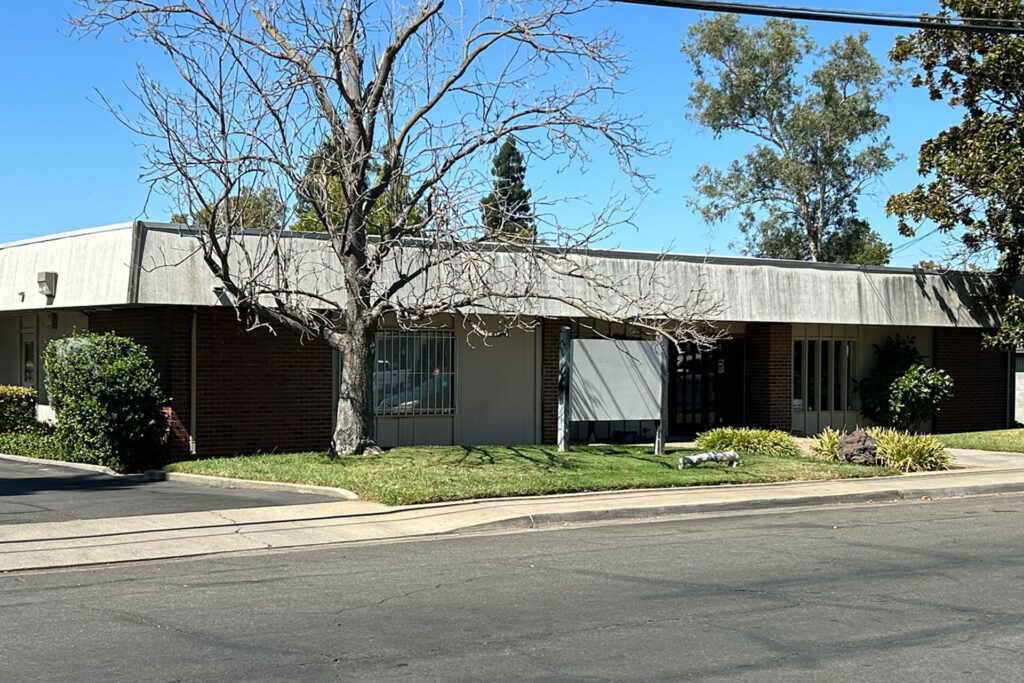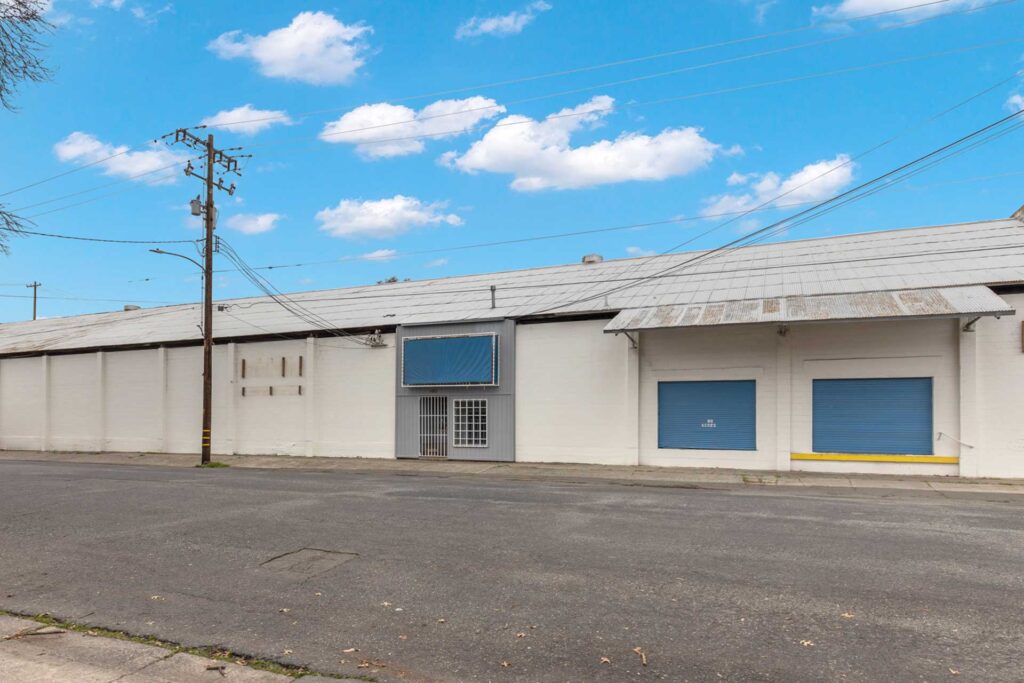Understanding the goals of the ownership group is an important aspect of commercial real estate property management. At the outset, it’s important the owner’s expectations are crystal clear with the commercial asset management team. By establishing a financial goal to increase the value of the property over time, contracts are written with this objective in mind. Understanding the long term target is important when lease renewals and/or anything contract related is discussed with the tenant(s) as well. It’s critical for property management to maintain a strong tenant relationship because nobody likes surprises. Most of the time, property goals consist of:
- Maintaining competitive pricing by servicing it
- Renewing tenants to long term leases at market rent
- Spacing capital improvement projects over time to continue to modernize the property and taking advantage of rebate programs in the area
For a tangible example, let’s use this real-time property investment as part of the portfolio of Capital Rivers Commercial (CRC) in Sacramento. We partially own the Heritage Oaks Shopping Center in Gridley, California. Previously, the shopping center was not performing as a profitable investment. Since our acquisition, CRC has implemented the following to increase the value of the property:
- CRC brought Grocery Outlet to the center as a co-anchor with Safeway
- Signed a long-term lease with Huckleberry’s in a pad building
- Implemented a revitalization plan over the next five years to attract stronger tenants
Huckleberry’s is a popular brunch spot, therefore it has synergy with the two grocery stores to draw in more consumers over time. The leases have increased the property value significantly. The shopping center has grown from being an under-valued investment to becoming a sought after long-term investment asset.
Goals of Commercial Real Estate Asset Management
Understanding the goals of the ownership group is an important aspect of commercial real estate asset management. At the outset, it’s important the owner’s expectations are transparent for the commercial property management team. By establishing a financial goal to increase the value of the property over time, contracts are written with this objective in mind. Understanding the long term targets are important when lease renewals and/or anything contract related are discussed with the tenant(s) as well. It’s critical for property management to maintain a strong tenant relationship in order to create long term tenancy. Most of the time, property goals consist of:
- Long term tenants for stability (10+ years)
- Achieve a steady cash flow
- Maximize returns and minimize risk
- Increase the value of the property by modern improvements
- Communication and transparency with tenants and owners
The property management hosts a regularly scheduled meeting with the owner to review the property and tenant activity. Meetings will occur more frequently if activity is underway and further discussions and decisions need to be made for the benefit of the center. During the ownership calls, goals are discussed along with an asset status report, a monthly financial report, tenant requests and any renewals that may be coming up.
Implementing capital improvements is an important goal for the commercial real estate investor. Commercial asset management looks annually at these types of improvements:
- Asphalt repairs
- Building paint
- Roof coating
- ADA upgrades
- Upgraded LED lighting
- Car charging stations
- Monument sign upgrades
Responsibilities of Commercial Real Estate Asset Manager
The commercial real estate asset manager is a relationship-driven position. You must be licensed to quote rents and handle cash/checks that come from tenants. At the beginning of a new investment contract, the asset manager puts together a budget for the investment property, determining what it costs to run the property on an annual basis and utilizes this to determine the value available for the year. The primary responsibilities of the commercial real estate asset manager include:
- Budget planning (established at the outset of the contract)
- Lease renewals
- Supervising tenants, vendors, and projects
- Implementing leases and contracts
- Facilitate licensing and insurance for both vendors and tenants
- Rent collection
- Capital improvements
The rates are based on the square footage monthly. At the end of the year it’s reconciled, based on the forecasted budget and collected monies.
Asset Management Operations, including the Property Manager
Increasing the value of a long-term investment asset is the top goal for the commercial real estate investor. To assure the investment property is properly serviced, it’s key to have strong property management. The responsibilities include:
- Day-to-day oversight
- Act as the eyes and the ears of the property
- Establish and build honest and fair relationships
- Respond to everyone’s needs with superior communication
- Ensure each asset of the property is functioning smoothly
The property management communicates with each of the following on regular basis as part of asset management operations:
- Vendors that service the property
- Tenants who have leases at the property
- Property owners
The following is a general list of service contracts commercial real estate asset management establishes with the property management overseeing the day to day operation:
- Day porter/Janitorial
- Trash Service/Hauling Service
- Window Washing/Awning Cleaning
- Security Service
- Landscape Service
- Fire Monitor Service/Fire Sprinkler Inspections
- General Contractors
- Plumbing Contractor
- HVAC Contractor
- Lighting Maintenance
- Roof Maintenance
In addition to collecting bids and selecting the vendors for each property based on market pricing and service quality, the commercial real estate asset manager is also responsible for ensuring the vendors are all insured and licensed. With each vendor, the insurance and licenses are kept up to date with copies held by property management. All maintenance in the common areas are overseen by the property management.
Working with a strong commercial real estate asset manager is an important part of owning a quality investment property. With the right management, capital improvements and good long term tenants, you will find success for years to come as an investor.
What Sets Capital Rivers Commercial apart?
Capital Rivers Commercial operates by our core values of loyalty, forward thinking, hard-working, and being passionate. CRC strives to lead the marketplace with transparency and strong interpersonal communication skills. Commercial real estate in Sacramento is our bread and butter, and national commercial real estate is our passion. See how at Capital Rivers, we are dedicated to helping make your commercial property management experience more successful.
Capital Rivers maintains each of our investments at the highest level. The way we treat our own properties is exactly how we will treat yours.
CRC has brokers and a development team to maintain and service any property.
We take pride in our relationship-building skills as well as our ability to keep the lines of communication open both ways. We will be there for our investors for the long term.
…
At Capital Rivers, we love discussing commercial real estate. If you are interested in learning more, sign up for our email blast or contact us.




